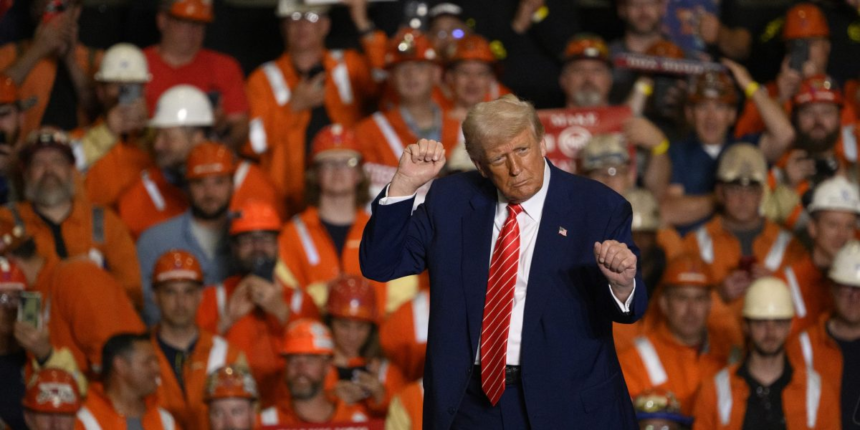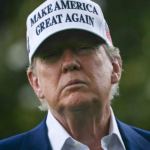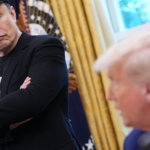U.S. President Donald Trump turned to a little-used mechanism—the “golden share”—to ensure that a Japanese-owned U.S. Steel doesn’t become a threat to national security. Nippon Steel, the U.S. steelmaker’s soon-to-be owner, is granting Washington special authority over the company’s operations, though the extent of those powers remains unknown.
Yet while the practice is almost unheard of in the U.S., the “golden share” has popped up in other economies as a way to ensure government oversight—or control—over a company’s operations.
To mitigate these worries, the order announces that both Nippon Steel and U.S. Steel have agreed to enter into a National Security Agreement that gives the U.S. government a perpetual “golden share” in the newly acquired company.
Yet the practice is more common outside the U.S.
The term “golden share” first appeared in the 1980s, when the Thatcher administration began a campaign to privatize many of its state-owned enterprises. The share was meant to be a compromise solution, allowing the U.K. government a continued say in how these newly privatized companies were to be run.
As the privatization bug spread to mainland Europe, many European governments also took special governance rights to retain state influence in previously nationalized companies.
China embraced something similar to the “golden share” in the early 2010s to exert some state oversight over the country’s budding tech sector. So-called special management shares granted state-backed entities authority over key decisions without requiring full state ownership (as is common in several other sectors of the Chinese economy, such as media).
Industrial policy is quickly becoming a bipartisan issue in the U.S., with both Democrats and Republicans supporting measures to protect U.S. manufacturing (even if they differ on the best policies to achieve that). Both sides of the political divide criticized Nippon Steel’s original bid for U.S. Steel as a threat to national security.
Other economists have suggested golden shares could be a way to maintain oversight of sectors that pose a systemic risk to the U.S. economy. In 2023, amid concerns that troubles at Silicon Valley Bank could spiral into a broader financial crisis, Saule Omarova, a onetime Biden nominee for a senior Treasury position, suggested that the U.S. government consider a golden share in systemically important banks.
Nippon Steel shares are down about 8% for the week so far.









